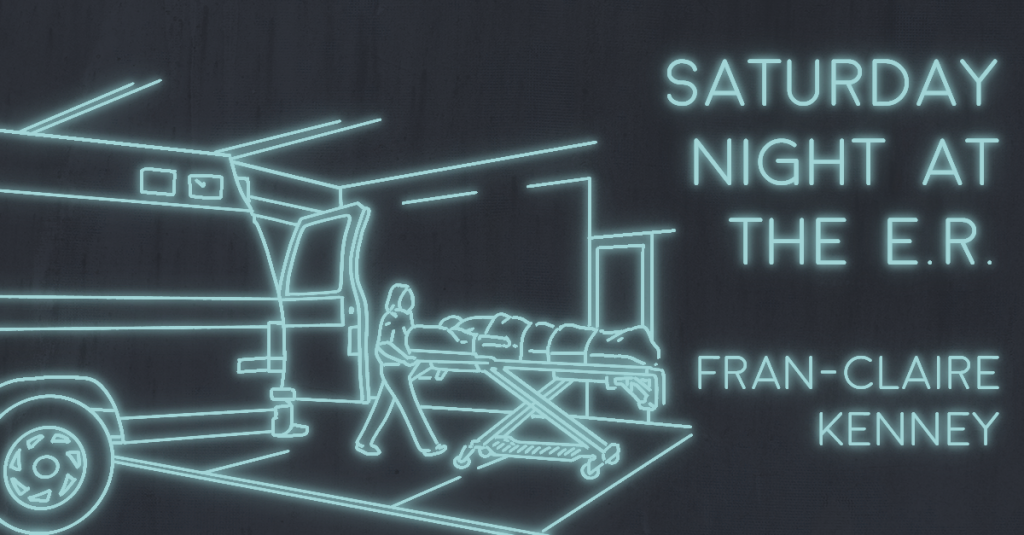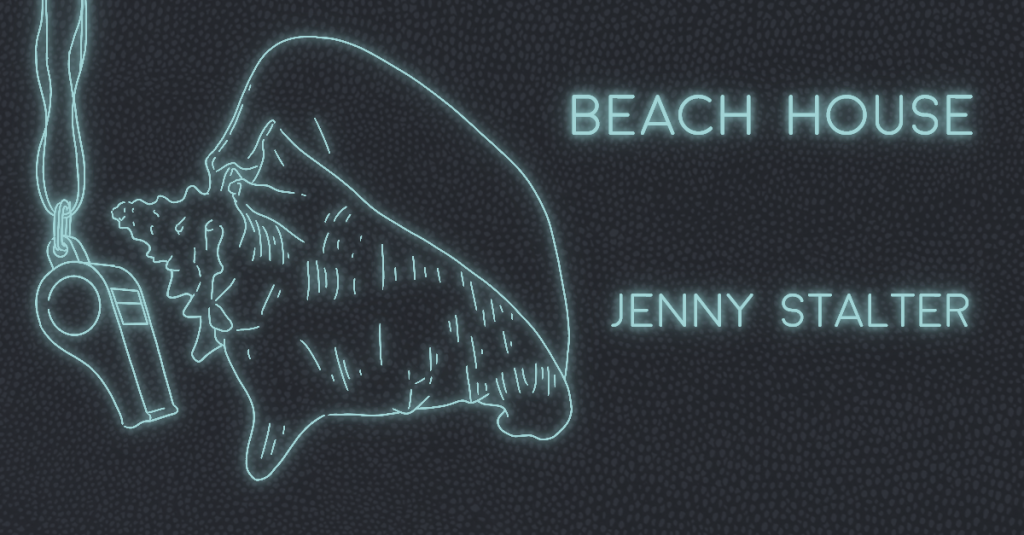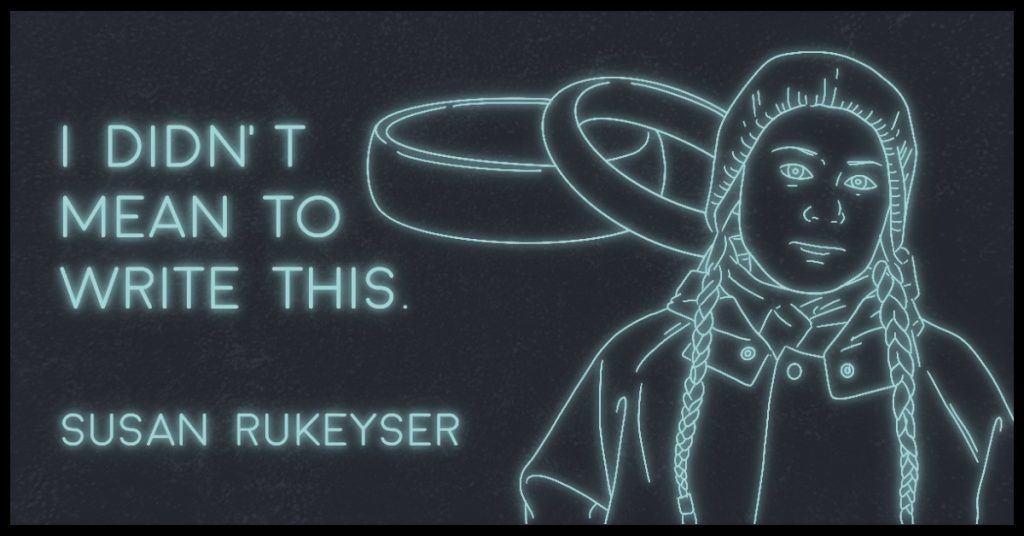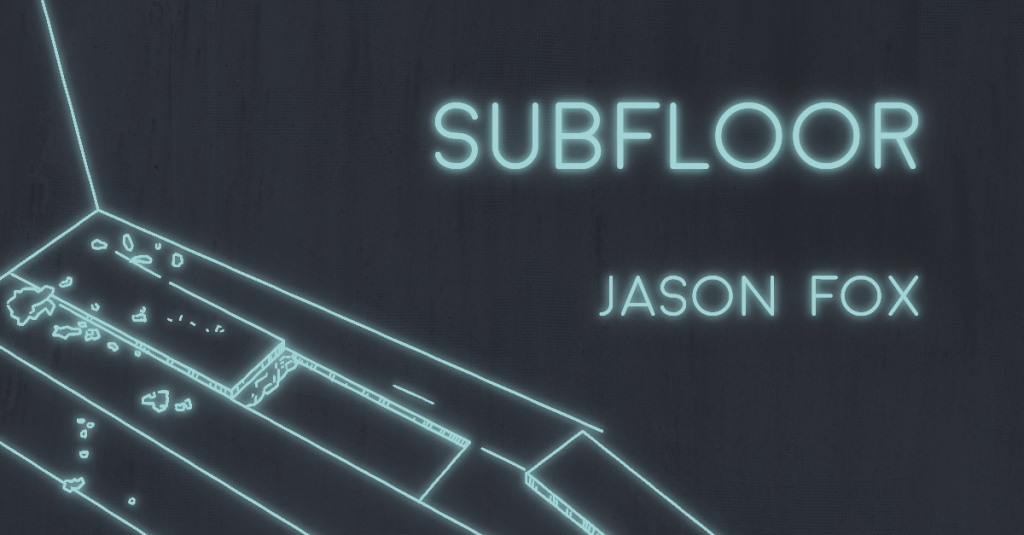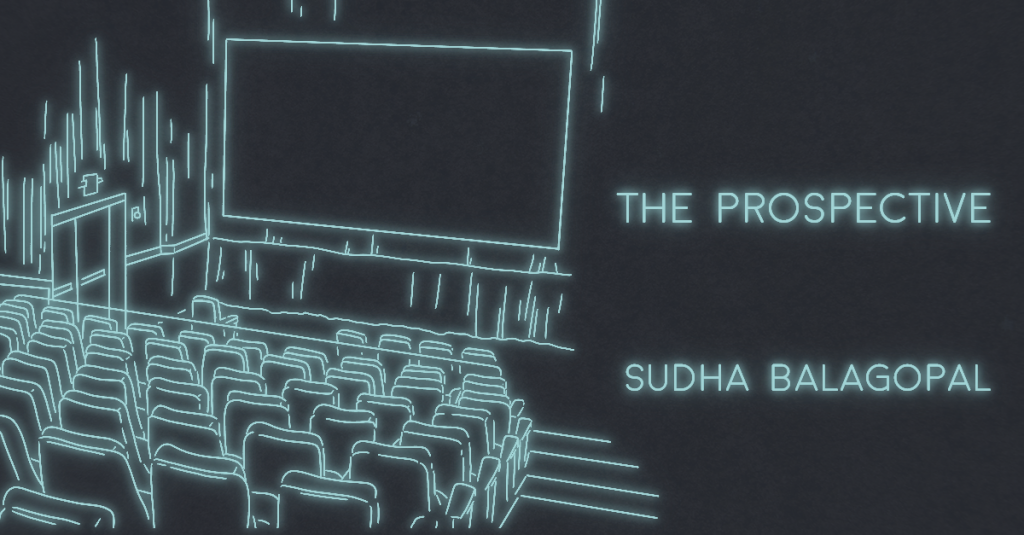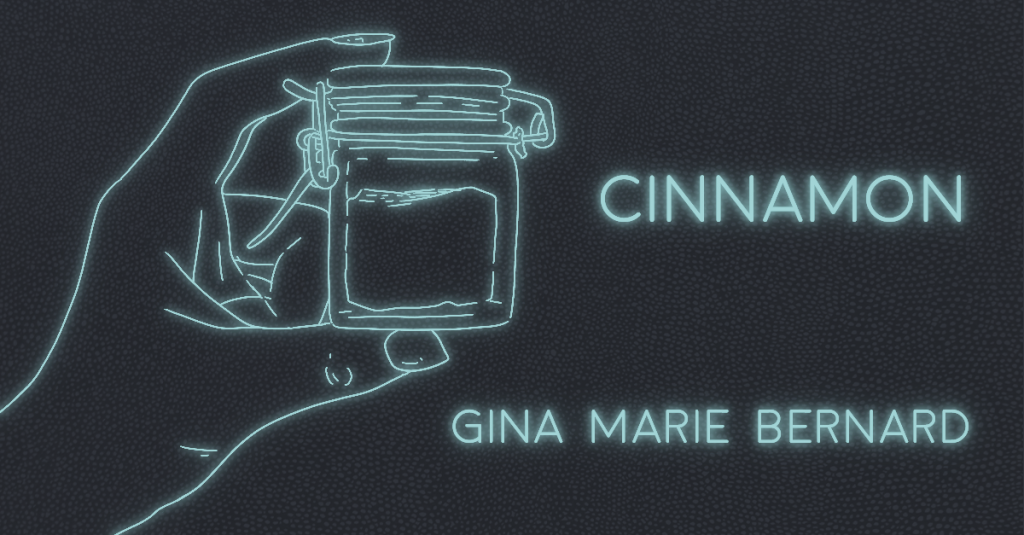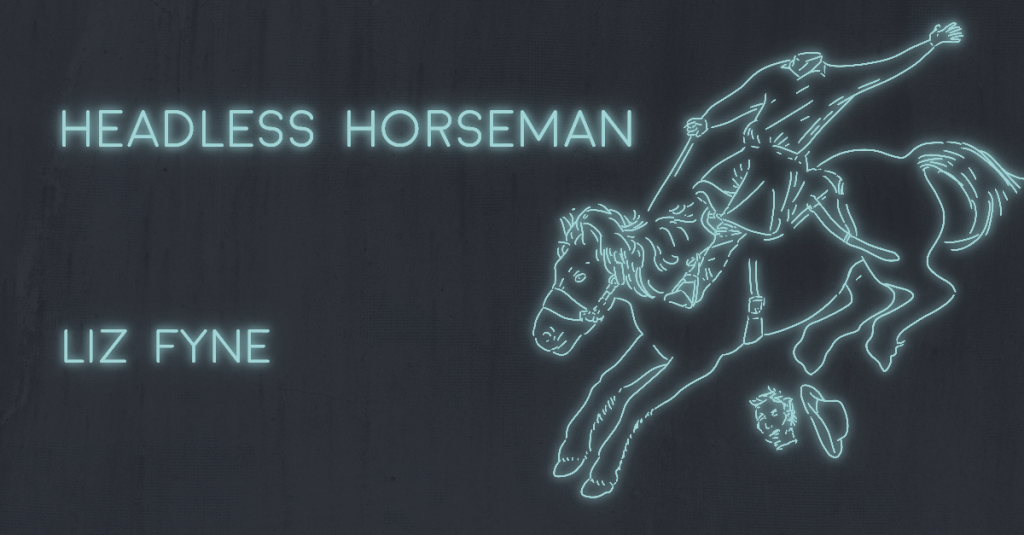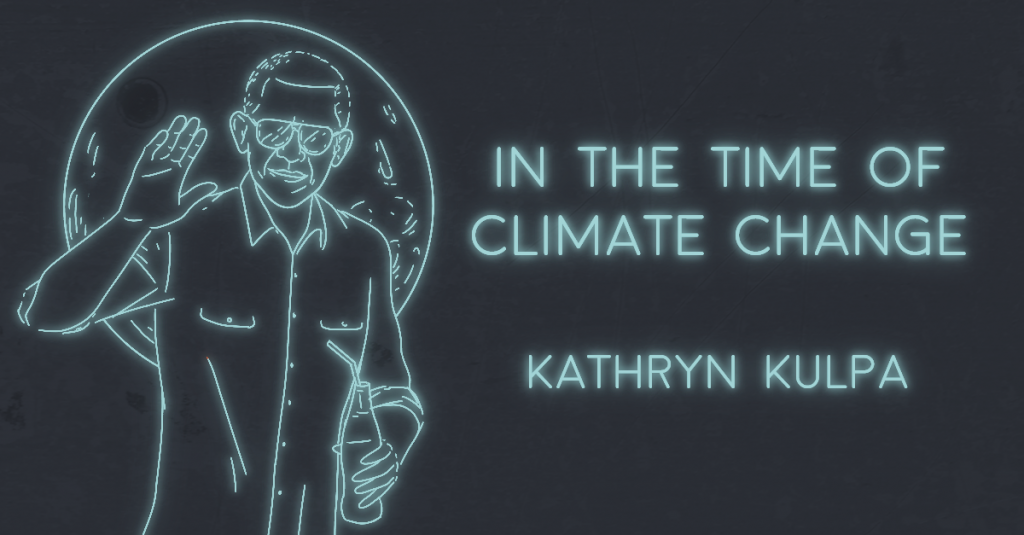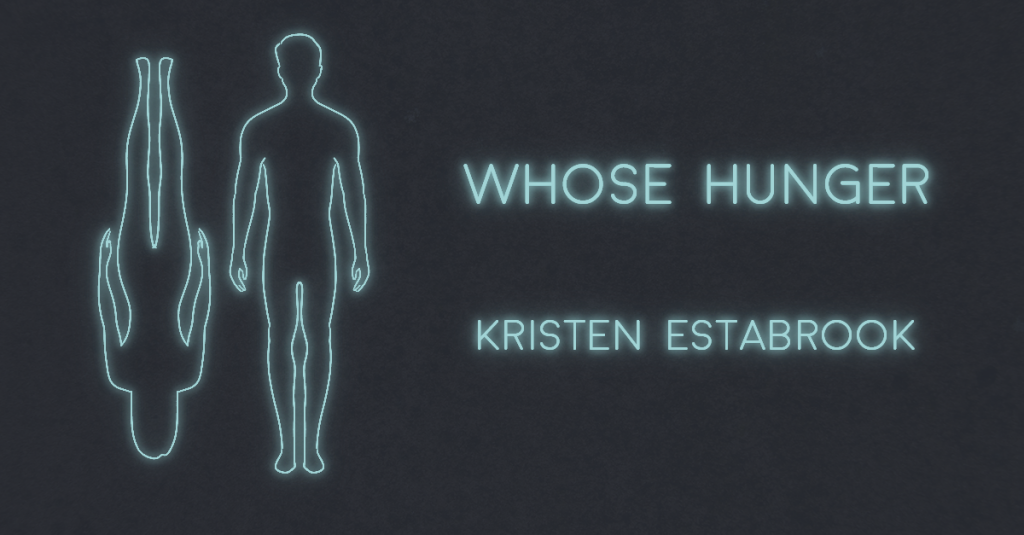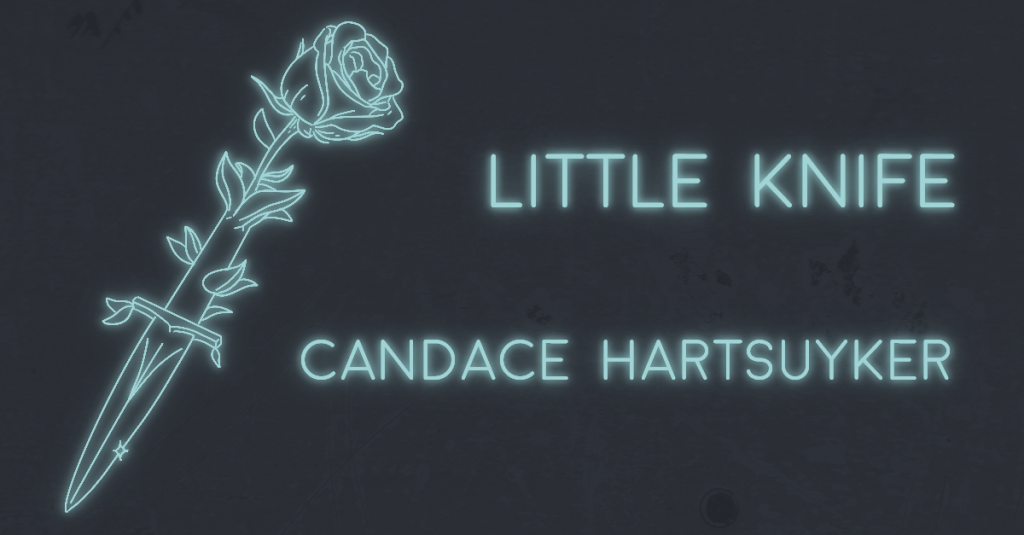
LITTLE KNIFE by Candace Hartsuyker
Finger Deep in the bowels of the circus tent, the air is sage and sweetgrass. A bundle of snapdragon pods lie on the table, faces like skulls. The hermaphrodite gives me tea laced with rum in a teacup that has no handle. His index finger taps the cards, tell me what I already know. I am a girl who will live many lives. Body A man with a gap in his teeth, a gold hoop glinting in his ear. A thin, dirty hand. Every day a lemon. A yellow rind sharp as the sun. My lips puckering at the bitterness….

